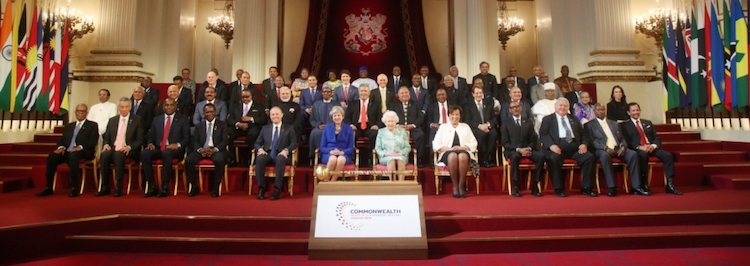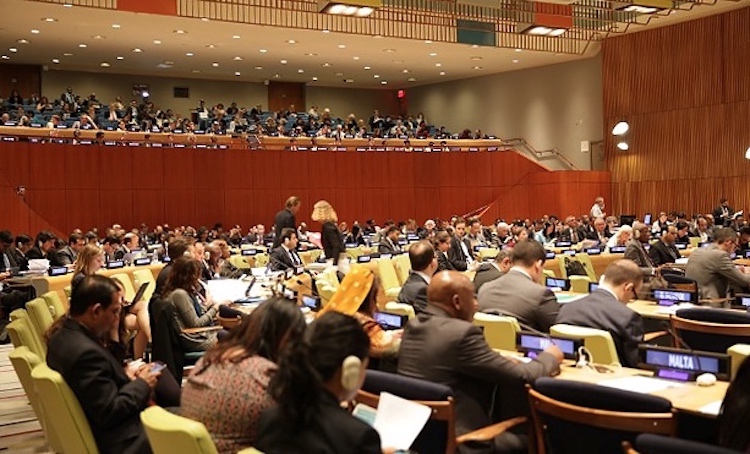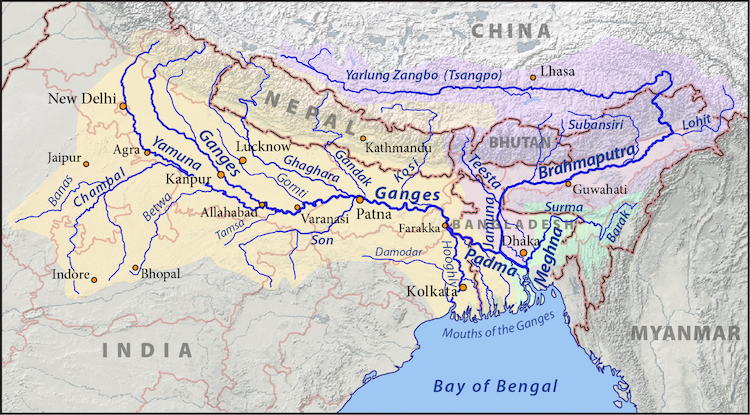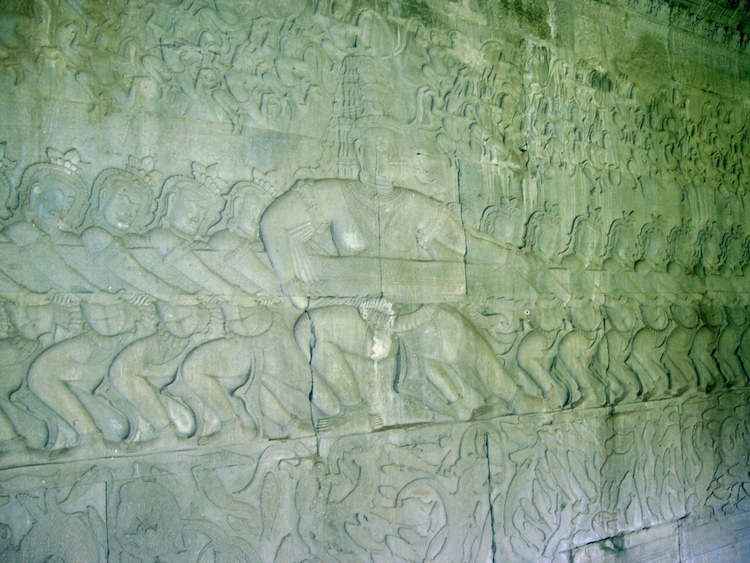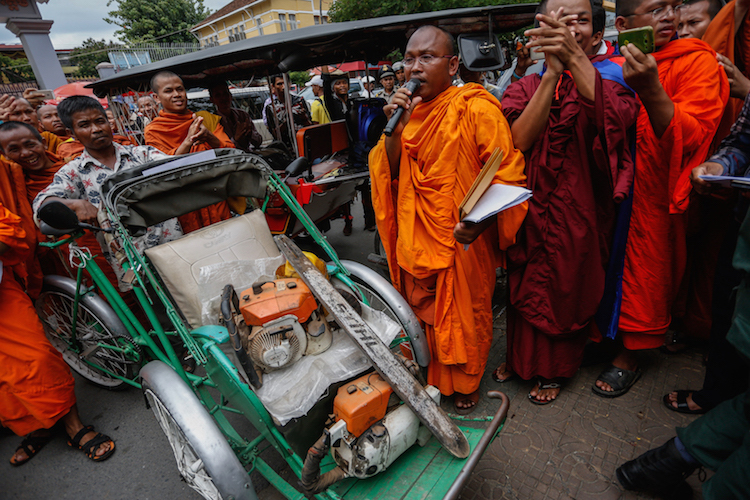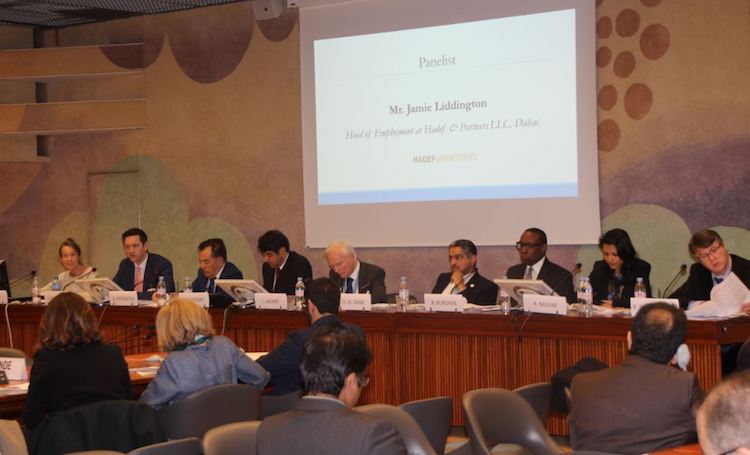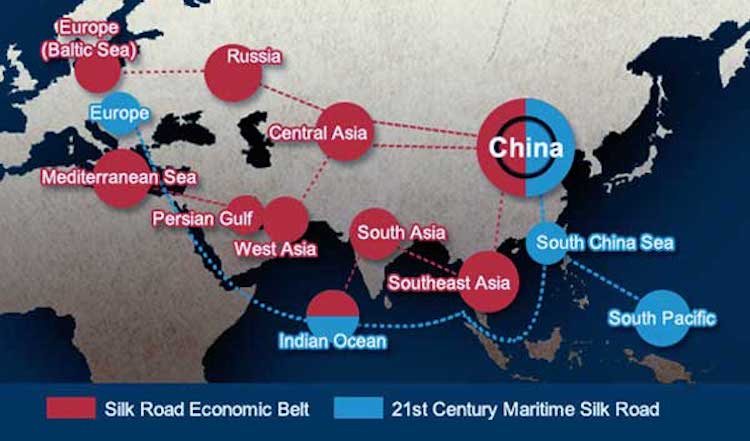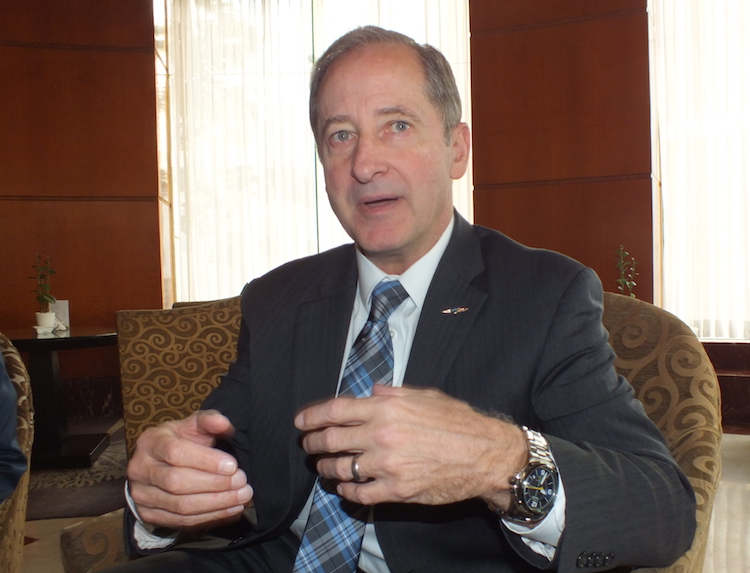By Jaya Ramachandran NEW YORK (IDN) – The India-UN Development Partnership Fund, a dedicated facility within the United Nations Fund for South-South Cooperation established in 2017, has drawn the focus following the announcement by Prime Minister Narendra Modi of the launch of a US$50 Million Commonwealth window. This support, announced at the Commonwealth Heads of […]
UN Debates Impact of ‘Fintech’ Revolution on Asia-Pacific
By J Nastranis NEW YORK (IDN) – Since the adoption of the Addis Ababa Action Agenda in 2015, significant efforts have been undertaken to mobilise funds for effectively pursuing Sustainable Development Goals (SDGs). Estimates suggest that low and lower-middle income countries around the world may need sizeable additional investment running into trillions of dollars yearly […]
‘Sri Lanka Unites’ Prepares Leaders for Tomorrow
By Jayantha Dhanapala This article was first carried by The Island, a Sri Lankan newspaper, on 21 April 2018. KANDY (IDN-INPS) – On a hot Saturday afternoon, I sat in the Father Mervyn Fernando Auditorium at the Subodhi Institute, Piliyandala to observe the concluding session of the Sri Lanka Unites Leadership Development Program “Let Them […]
Modi Government’s Plan to Interlink Rivers Splits the Nation
By Sudha Ramachandran BANGALORE (IDN) – As another scorching summer grips India and rivers begin running dry, the government’s Interlinking of Rivers (ILR) program to solve the country’s water problems is being heatedly discussed. Drawing attention to the water shortage and unequal distribution of water in the country, Prime Minister Narendra Modi, a strong champion […]
Ganga Initiative Brings Culture Into New Asian Trade Routes
By Kalinga Seneviratne This article is the 23rd in a series of joint productions of Lotus News Features and IDN-InDepthNews, flagship of the International Press Syndicate. BANGKOK (IDN) – A recent conference at Thammasat University in Bangkok brought together Indian and Southeast Asian scholars to discuss re-building cultural links along two major rivers in Asia – the Ganges […]
SE Asia’s ‘Environmental’ Monks Need International Support
By Kalinga Seneviratne This article is the 22nd in a series of joint productions of Lotus News Features and IDN-InDepthNews, flagship of the International Press Syndicate. BANGKOK (IDN) – A 76-year old Buddhist monk living on his own in his forest monastery in North-eastern Thailand has appealed for international help after receiving death threats from illegal loggers according […]
UAE Lauded for Enhancing Access to Justice for Foreign Workers
By Jaya Ramachandran GENEVA (IDN) – Labour law experts have praised the United Arab Emirates (UAE) for launching an initiative to facilitate access to justice for foreign workers, and expressed the hope that this initiative would be replicated by the other five Gulf Cooperation Council (GCC) countries: Saudi Arabia, Kuwait, Qatar, Bahrain, and Oman. In […]
A New Book Shows Ways to ‘Decolonize’ the Minds of Asian Communicators
By Kannan Salazar Mindful Communication for Sustainable Development: Perspectives from AsiaEdited by: Kalinga Seneviratne – Lecturer, Faculty of Communication Arts, Chulalongkorn University, Bangkok. February 2018 | 372 pages | SAGE Publications Pvt. Ltd. Electronic version: £38.00https://uk.sagepub.com/en-gb/eur/mindful-communication-for-sustainable-development/book261649 BANGKOK (IDN) – The book tries to wean away the reader from the old paradigm of development communication, which […]
Economic Cooperation in the Indian Ocean Region and the One Belt One Road Initiative: A Threat or an Opportunity?
Viewpoint by Dr Palitha Kohona The writer is former Permanent Representative of Sri Lanka to the United Nations and former Foreign Secretary. – The Editor COLOMBO (IDN) – The Indian Ocean region is experiencing a fondly anticipated luxury. Almost every one of the economies of the region is expanding at a rate that gives hope […]
Why Eye Care is Important – for Bangladesh and Other Countries
By Naimul Haq DHAKA (IDN) – John Bob Ranck, also known as Bob, Chief Executive Officer and President at Orbis International, recently visited Bangladesh on a special mission. He travelled to some of the hospitals where Orbis as a partner has been supporting Bangladesh’s efforts in addressing avoidable blindness. Bob, a retired United States Air […]

